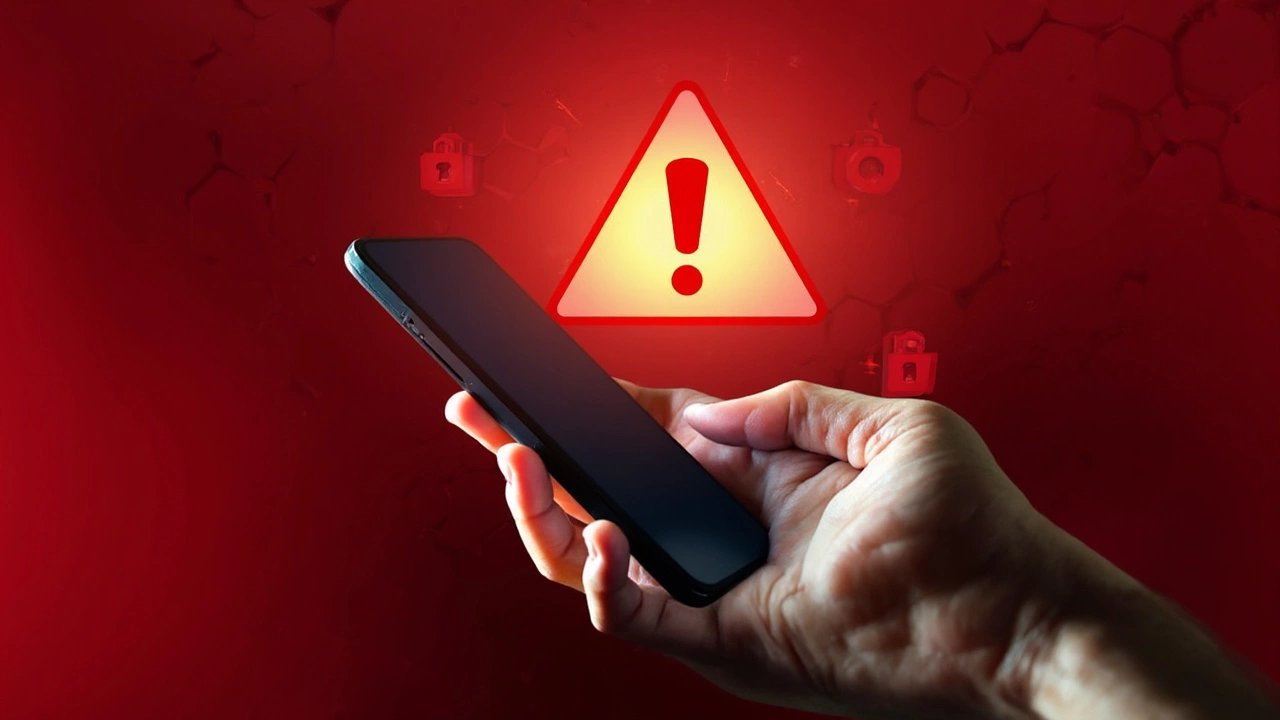Password Leak 101: What Happens and How to Stay Safe
Ever gotten an email saying "Your password was found in a leak" and wondered what the fuss is about? You’re not alone. A password leak is when hackers get hold of a list of usernames and passwords and dump it online. It can happen because a website got hacked, an employee slipped up, or a user reused the same login everywhere.
Why should you care? One leaked password can open the door to many of your accounts if you reuse it. That means a thief could peek at your email, drain your bank, or even tarnish your reputation on social media. The good news is you can lock the door before they get a chance.
Spotting a Leak Before It Hits You
Most leaks don’t announce themselves. Instead, you might see an alert from a password‑checking service, get a security email from a site you use, or notice an unfamiliar login in your activity log. If you get a sudden password‑reset email from a site you never signed up for, treat it as a warning sign.
Websites like Have I Been Pwned collect public leaks and let you check if your email appears. A quick search can tell you whether you’re already exposed. Do this for every email you own – personal, work, and even the one you used for newsletters.
Immediate Steps After a Leak Is Confirmed
1. Change the password on the compromised account first. Use a strong, unique passphrase – mix letters, numbers, and symbols. 2. Enable two‑factor authentication (2FA) wherever possible. Even if someone gets your password, they’ll need the second factor to get in.
3. Scan your other accounts for the same password. If you reused it, change those too. 4. Look at recent activity for any suspicious logins and log out of all devices. 5. If the leak involved a financial service, alert your bank and watch for unauthorized transactions.
These actions sound like a lot, but they take only a few minutes and can save you from months of trouble.
Now, let’s talk about creating passwords that actually resist leaks. Avoid common words, birthdays, or anything you’ve posted online. A good method is to think of a random sentence, then take the first letter of each word and sprinkle in numbers – like "My dog loves to chase squirrels!" becomes "Mdl2cS!".
Use a password manager to store these complex strings. Managers generate random passwords, fill them in automatically, and keep everything encrypted. That way, you never have to remember each one, and you won’t fall back on reuse.
Even the best passwords can be exposed if a site you trust gets hacked. That’s why it’s critical to treat every online service as a potential weak link. Regularly review which apps have access to your data and revoke any you don’t need.
Finally, stay informed. Subscribe to a security newsletter or follow a reliable tech site. New leaks happen daily, and early awareness lets you act fast. Remember, a password leak is a warning, not a sentence – you control the next steps.
By checking for leaks, swapping out old passwords, enabling 2FA, and using a manager, you’ll keep your online life locked down. It’s simple, it’s cheap, and it works. Stay safe out there!
